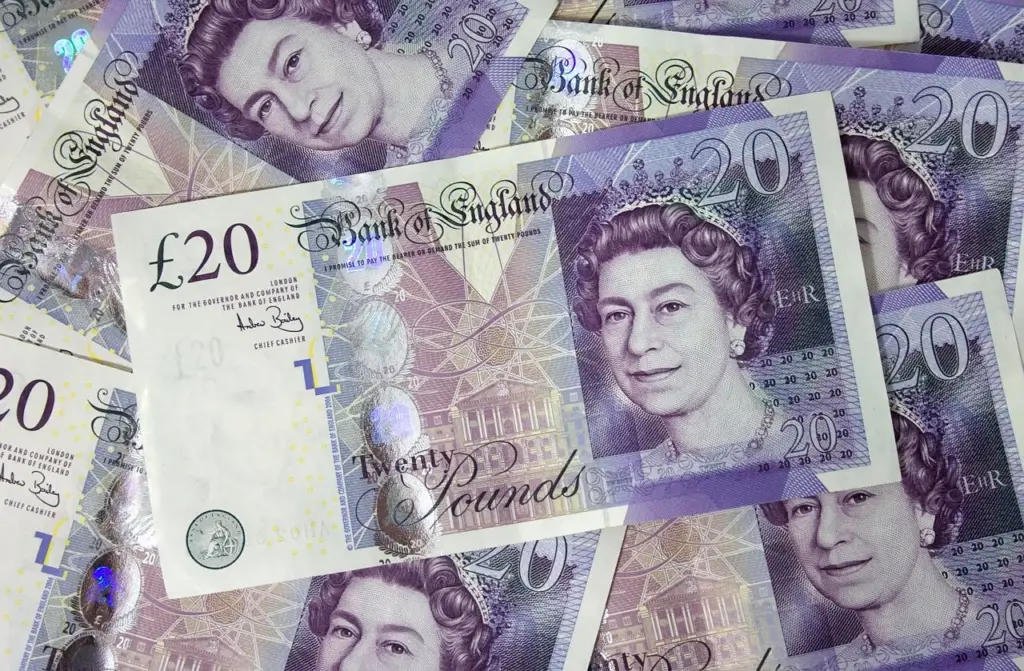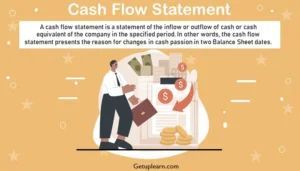
Worrying about your finances lately? We’ve all been in situations where we’ve been a little irresponsible, but these financial mistakes have a funny way of creeping up on us and causing issues down the road.
Poor financial decisions may seem like nothing at the time, but can impact your credit score, an all-important number that follows you like a shadow for the rest of your life; affecting your ability to make some of life’s most important financial decisions.
But, don’t worry, a bad credit rating isn’t the end of the world. In this article, we’ll be talking about bad credit loans and breaking down the complex subject of credit scores to prepare you to manage your finances better in the future.
Table of Contents
Why is Important to Have A Good Credit Rating?
A lot of people like to talk about credit ratings, but you may be in the large group of people who still have no clue what these scores are about. Why is it important to secure a ‘good’ rating? Is it bad if your credit score drops? The answer to the question of whether credit scores are important is simple.
This three-digit number may seem small, but it will follow you throughout your life and could have a big influence on some of your major financial decisions like buying a house, sending your children to University, or even affording to pay for your wedding.
You may even find that some employers check your credit history before offering you a contract of employment, which is another important reason why you should take building your credit score seriously. When you’re applying for a loan or mortgage, lenders will always look at your credit rating first.
This figure reflects how financially responsible you are and the likelihood of you paying back the loan in a timely manner. If your credit rating is good, they are more likely to offer you favorable interest rates and more flexible repayment options. On the other hand, if you don’t have a good credit rating, you may not be approved for the loan at all. To put it into perspective, with a popular credit rating company like Experian, your credit score can be anything from 0-999, if your score is above 881 it’s considered ‘good’.
What Should You Know About Your Credit Score?
Your credit score is important, but a lot of people don’t know what their credit score is and how it works. Your credit score is a three-digit number that ranges from 0 to 999; the higher the number, the better your score. But, depending on the credit rating agency you may need a different score to qualify as ‘good’.
For example, a score of 881 may be ‘good’ with Experian, but for another agency like TransUnion, you may only need a score of 604 to be considered ‘good’. Your credit score changes a lot over your lifetime as new information is constantly added and old information is removed.
Because of all this information coming and going, you’ll normally see a difference in your credit score every 30 days. Although your credit rating changes every 30 days, it’s best to check your credit file with each of the main UK credit reference agencies (Experian, Equifax, and TransUnion) at least once a year to see what your report is looking like.
You can improve your credit score by paying back credit card fees on time, limiting the amount you apply for new bank accounts, and getting credit for rent and utility payments. Even something as simple as registering on the electoral register can increase your credit score. This is because doing so creates a record of your address and verifies your identity which lenders can then use when you apply for a loan with them.
Could Bad Credit Stop Me From Renting or Buying a Home?
If you’re looking to rent a property, there is no minimum credit rating needed. However, landlords and agents will carry out credit checks on you and it’s ultimately up to these people to decide whether you are approved for a tenancy or not.
If they see that you have a bad credit rating, they will be less likely to make you an offer, so it’s always better to have a good rating as it proves to them that you are financially trustworthy and won’t have problems paying your rent.
A similar situation will apply if you’re looking into getting a mortgage. A bad credit score doesn’t automatically mean you’ll never be approved for a mortgage, but it may make things a bit more difficult for you. You may only be approved for a smaller mortgage, and you may not have as flexible payback options compared to other people with better credit scores.
What are Bad Credit Loans?
A lot of people think that if they have bad credit it will be impossible to get approved for a loan. Although your options may not be as expansive as people with a great score, there are a lot of loan options for people with bad credit.
If you need access to funds but are having trouble building a good credit score, you can still get loans that are specifically designed for people who have bad credit. These types of loans usually fall into two categories: secured and unsecured bad credit loans. An example of some of the types of loans you may be eligible for with bad credit include:
- No guarantor loans
- Same day loans
- Short term loans
- Payday loans
- Home improvement loans
- Logbook loans
- Quick loans
- Instant loans
- Unsecured loans
- Guarantor loans
- Urgent loans
- Very bad credit loans.
These bad credit loans are a good option for people who need quick access to money but don’t fancy their chances of getting traditional types of loans. Using a website like badcredit.co.uk you’ll quickly be surprised at the amount of loans that are available to you, ranging from loans to cover your latest home improvement project, to short-term loans that will see you through to payday.
These bad credit loans will act as a credit-builder account that not only gives you access to the funds you need but will act as a stepping stone to build up your credit score and improve your chances of being approved for loans again in the future.

